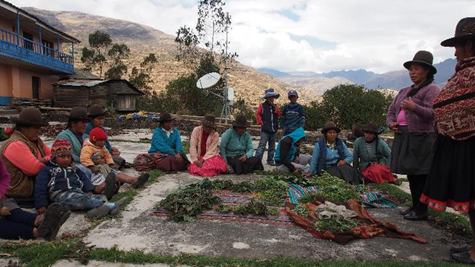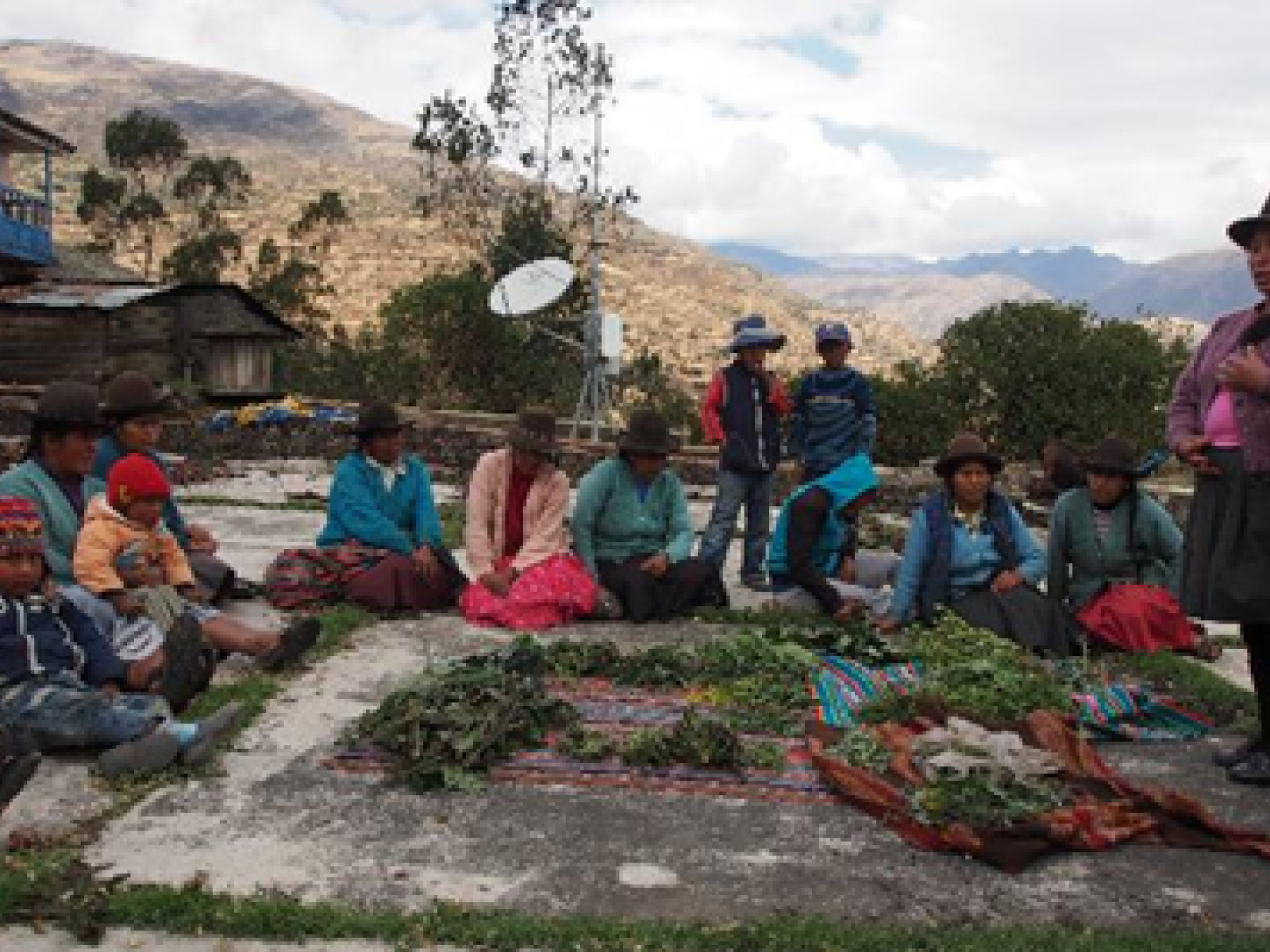An Overview Of Our Solution
- Population Impacted:
- Continent: South America
Organization type
Population impacted
Size of agricultural area
Production quantity
People employed
Describe your solution
Describe your implementation
External connections
What is the environmental or ecological challenge you are targeting with your solution?
Describe the context in which you are operating
The project area is the district of Lares, province of Calca in the Cusco region. Lares is a recognized center of diversification of maize and a biodiversity hotspot for both wild and domesticated species. 97.8% of the households are under the poverty line and 73.8% of the children under the age of 5 present chronic malnutrition (INEI 2009). 98% of the population is employed in agriculture, with an average farm plot size of 1.5 hectares. It presents a highly diverse food system and rich traditional knowledge. Political factors, such as a seed and rural development policy, are forcing smallholder farmers into dependency on corporate and chemical inputs, endangering local food sovereignty and contributing to the erosion of their biocultural heritage. Gender inequality is high, where 34.3% of women have no formal education. Women play a crucial role in the management of local agrobiodiversity and are the guardians of seeds, traditional knowledge on conservation and sustainable use of agro biodiversity and wild species. Women are in charge of agricultural work, and thus are the most vulnerable to climate change impacts. Men migrate looking for off farm work in cities.
How did you impact natural resource use and greenhouse gas emissions?
Language(s)
Social/Community
Water
Food Security/Nutrition
Economic/Sustainable Development
Climate
Sustainability
The project is being supported by the SDHS project, a 5 year project funded by the Sweeden Agency for Development (SIDA). The proposed activities will be developed under the framwerod of the SDHS project and thus SDHS funding provides the needed economic sustainability. In the long run, the Chalakuy Park will be managed by local communities and support income generation and conservation of the rich biocultural heritage.
Return on investment
Entrant Banner Image

